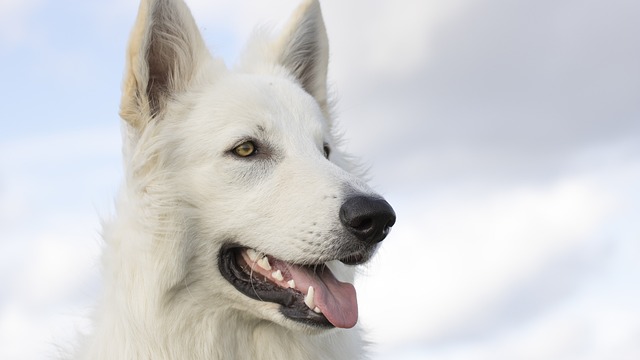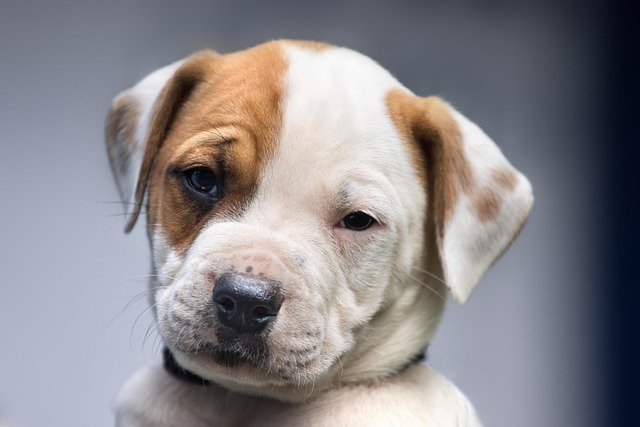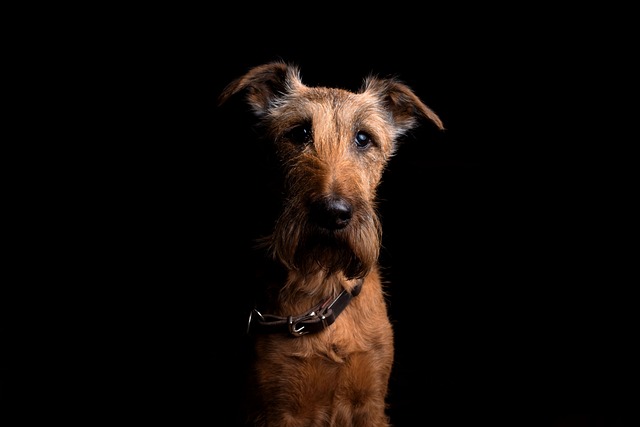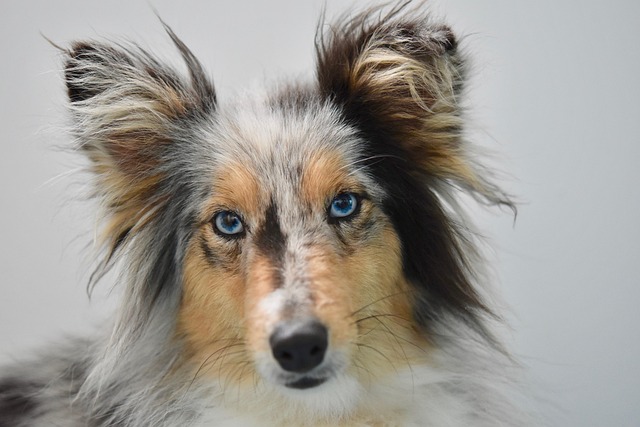When we find that the dog which used to be lively and energetic suddenly goes in and out of the "toilet" frequently, excreting soft and shapeless feces, and its originally lively eyes become dull, the heart of every owner will be clenched tightly in an instant. Looking at the dog's listless appearance due to diarrhea, the worry and distress well up like a tide. We are eager to know what exactly has caused our beloved furry friend to suffer such pain. Dogs can't talk and can't clearly express their physical discomfort. Behind this common symptom of diarrhea, there are actually a variety of complex reasons. Only by understanding them deeply can we better safeguard their health.
Dietary problems are one of the most common causes of diarrhea in dogs. In daily life, an inadvertent feeding action by the owner may become the trigger for the dog's diarrhea. Suddenly changing the dog food is a factor that many owners easily overlook but often causes problems. A dog's stomach and intestines have a certain adaptability to food. When they get used to the ingredients and taste of one kind of dog food, suddenly changing to a new one will make the stomach and intestines have a stress reaction due to the inability to adapt in time, resulting in a disorder of digestive function and then causing diarrhea. This is just like when we suddenly change our eating habits, our stomachs will also protest. Just imagine how "helpless" a dog's small stomach and intestines are when facing unfamiliar food, and they can only try to return to normal through diarrhea.
In addition to changing the dog food, improper feeding can also cause diarrhea in dogs. Feeding the dog too much food, which exceeds the digestive capacity of its stomach and intestines, will make the food unable to be digested and absorbed normally in the intestine. Then the food will ferment and deteriorate, irritating the intestine and causing diarrhea. Especially, some owners, out of love for their dogs, can't help but feed more snacks. These snacks often contain high levels of salt, sugar, or additives. Long-term excessive consumption will damage the dog's stomach and intestines. Moreover, feeding the dog spoiled or raw and cold food directly endangers their gastrointestinal health. Spoiled food is full of bacteria and toxins, and raw and cold food will stimulate the stomach and intestines, leading to gastrointestinal spasms. Both situations are very likely to cause diarrhea. Every time we see a dog having diarrhea due to dietary problems, the owner will feel self-blamed and regret not taking better care of them.
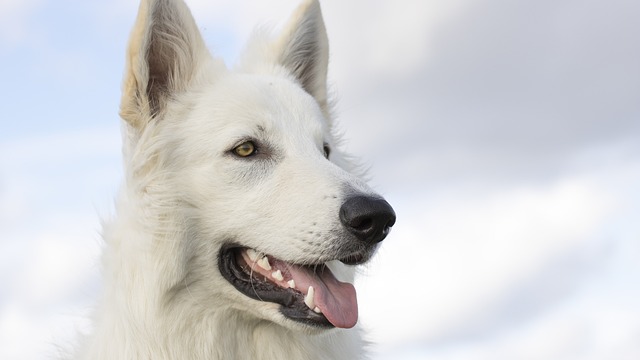
Intestinal parasitic infections are also common "culprits" of diarrhea in dogs. Intestinal parasites such as roundworms, hookworms, and tapeworms parasitize and reproduce in the dog's intestine. Their activities will damage the intestinal mucosa and affect the normal function of the intestine. These parasites not only rob the dog's body of nutrients, leading to weight loss and anemia in the dog, but also cause intestinal inflammation, making the dog show diarrhea symptoms. In some dogs infected with parasites, eggs or worms may even appear in the feces, which is really shocking. When a dog has diarrhea due to a parasitic infection, it will become listless and lose its appetite, and its originally lively personality will become quiet and lazy. Watching the once energetic dog being tortured by parasites, the owner's heart is filled with distress and anxiety, wishing to drive away these hateful "little devils" immediately.
Bacterial and viral infections can also make a dog's stomach and intestines "sick" and then lead to diarrhea. Common bacterial infections include Escherichia coli, Salmonella, etc. After these bacteria enter the dog's intestine, they will multiply in large numbers, release toxins, and cause intestinal inflammation. After being infected with bacteria, the dog will have symptoms such as fever, vomiting, and diarrhea. The feces usually have a foul smell, and in severe cases, there will even be blood in the stool. And viral infections, such as canine parvovirus and canine distemper virus, pose a great threat to the dog's health. The canine parvovirus mainly attacks the dog's intestine and myocardium. The sick dog will have severe vomiting and diarrhea, and the feces are like tomato juice, with a foul smell. Due to a large amount of water loss and electrolyte imbalance, the dog's life will be seriously threatened. In addition to causing respiratory symptoms, the canine distemper virus will also affect the dog's gastrointestinal tract, leading to diarrhea. When a dog suffers from a bacterial or viral infection, its body will become very weak and it needs more care and attention from the owner. Every treatment is a difficult battle against the disease, and the owner's heart will also be tormented as the dog's condition fluctuates.
In addition, a dog's stress reaction may also cause diarrhea. Some changes in life, such as moving to a new place, the addition of a new family member, or a long-distance trip, will make the dog feel nervous and uneasy. When a dog is under stress, the hormone levels in its body will change, affecting the normal peristalsis and digestive function of the stomach and intestines, thus causing diarrhea. For example, when a dog comes to an unfamiliar environment and everything around it makes it feel strange and scared, this psychological pressure will be reflected in its body, resulting in diarrhea symptoms. Watching the dog being anxious and having continuous diarrhea due to environmental changes, the owner will try every means to make it feel at ease and hopes to help it adapt to the new environment as soon as possible.
Diarrhea in dogs seems to be a simple symptom, but there are many complex reasons behind it. Whether it is a dietary problem, a parasitic infection, or an invasion of bacteria and viruses, or a stress reaction, each reason may pose a threat to the dog's health. As owners, we should always pay attention to the dog's diet and living environment, deworm them regularly, and do a good job in prevention. When a dog shows diarrhea symptoms, we should observe and judge in a timely manner. If necessary, take it to the pet hospital for treatment. With our love and professional knowledge, we should escort the dog's health and let it accompany us happily and healthily every day.
If you want to know more about the coping methods for different causes of diarrhea or the nursing measures after a dog has diarrhea, you are welcome to communicate with me at any time.
